The benefits of ASL
Sign language should be offered as a course in high school
Many high schools don’t offer sign language as a course. This is unfair, as it excludes deaf students from more connections that could be made.
December 13, 2019
For deaf students across the United States, high school can be a tough time, with many schools not having the option of taking American Sign Language (ASL) as a class. Learning sign language is beneficial to hearing and deaf people in many ways.
Many high school students are missing out on an opportunity to learn a language that can help in life. An Oxford Academic Survey of Income and Program Participation found that fewer than one in 20 people in the US are currently deaf or hard of hearing. Though this number seems low, it’s not unlikely to run into someone with hearing problems at some point in time. It would be necessary to learn this language early on in order to broaden horizons and be able to meet people without the struggle of a language barrier.
ASL opens up chances for different educational opportunities. Sign language gives students a chance to get bilingual scholarships to certain colleges. Along with that, most schools have foreign language requirements that could possibly be filled by learning to sign depending on how the school defines ASL in regards to if it is a foreign language or not.
Studying new languages also proves that the student is able to follow through on learning an entire new way of communicating which show qualities of perseverance and commitment. Having these qualities may make a college want to pick someone over another person who doesn’t follow through on learning a new language. Overall, learning ASL is beneficial as it can provide scholarships and qualities that colleges are looking for.
In addition to broadening education, there are also many careers that involve knowing how to sign. A Very Well Health article titled “Career Options for using Sign Language,” stated that jobs involving sign language include interpreters, teachers, medical professionals, government officials, law enforcement officers, travel agents and tour guides. All of these jobs are made easier by knowing ASL because they all have a communication aspect to them. The knowledge of sign language opens up new job opportunities that those who don’t know this language may not even be considered for.
Being able to speak with hearing and deaf people closes a communication gap that exists in some jobs. Work is easier when one is able to talk to others without the barrier of not knowing what the person they’re speaking to is saying. In many occupations, time is money, so knowing this language will keep from hard or confusing conversations.
Learning to sign also benefits cognitive development. Being bilingual is already a great way to further develop the brain, but learning something as complex as sign language furthers intellect in young people. According to a Go React for ASL article titled “4 Scientific Reasons Why Everyone Should Learn ASL,” a California State University study showed that early exposure to sign language leads to heightened reasoning skills and raises IQ by an average of 12 points. The article goes on to say that the younger people are exposed to sign language, the better. Since some are not taught as a child, the next best option would be having it offered as a class in high school.
Due to the struggle that comes with communication, people with hearing impairments are likely to struggle with mental health sometimes even more so than those without these impairments. An NCBI article “Suicide in deaf populations: a literature review,” a study found that 40% of deaf people surveyed scored within the range of mild depression compared to 17% of hearing students. It also found that 10% of the deaf individuals scored within the range of severe depression, which outweighs the 3% of hearing students.
An easy way to combat this would expand awareness to deaf depression rates and encourage students to take the time to learn the language. No one should feel alone, especially during high school. Excluding the option to learn ASL does more harm than good.
Students with impaired hearing already struggle with having less people to communicate with. It’s unfair of high schools to disregard the problems deaf students face by not offering a way to at least help the problem. The best way to make high school culture better for people who are hard of hearing is to offer ASL as a course. Even if it was only offered as an elective, teens should still have the option to take it.
Knowing this language opens up college and career opportunities that would not be available to students who don’t know the language. High rates of depression among the deaf community could be improved through hearing kids learning ASL. It would create new friendships among deaf and hearing people. Communication is everything when forging new relationships with people. Those who have hearing problems are at a disadvantage when it comes to this. In order for progress to be made, school systems need to offer sign language classes in high school.

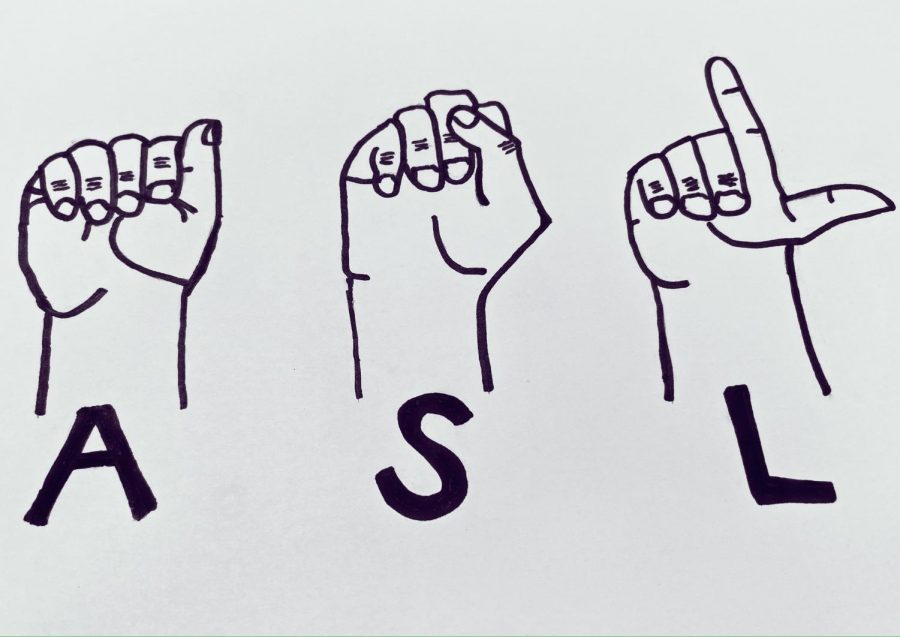






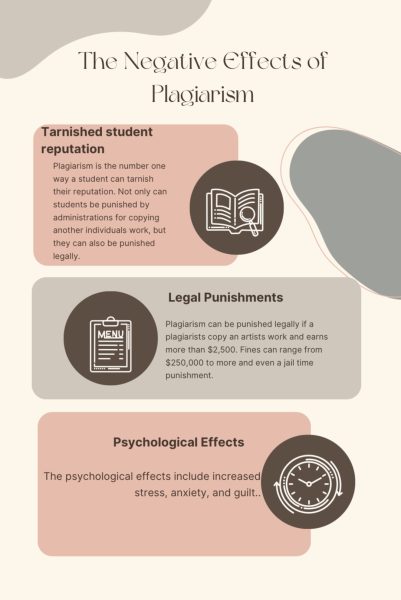
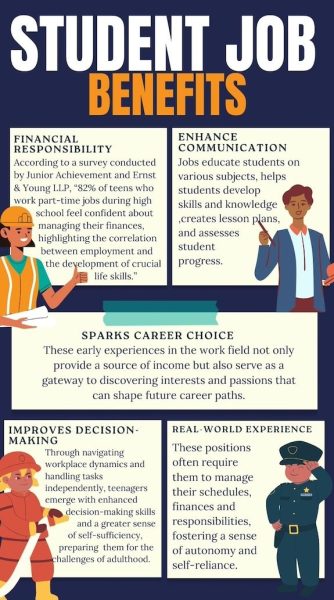


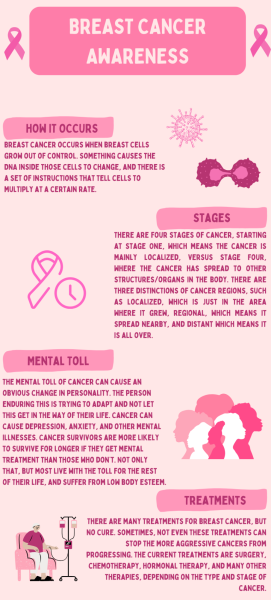

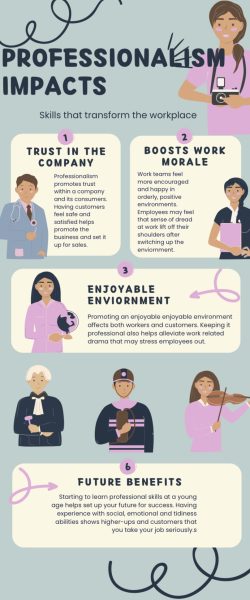

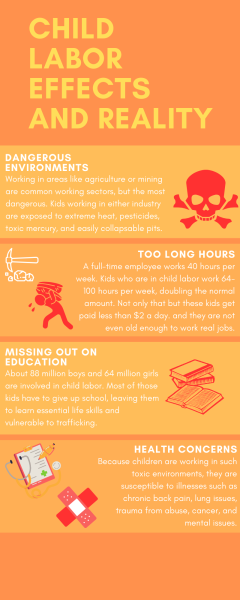
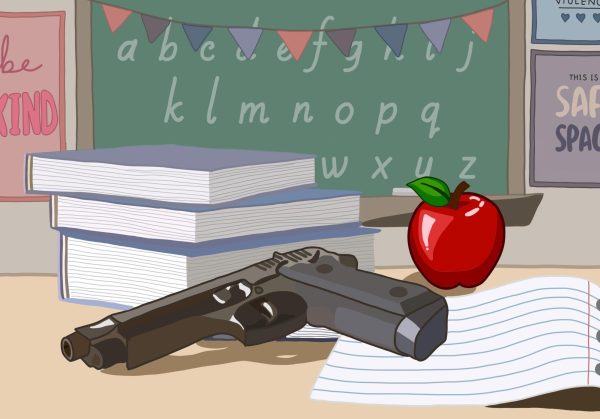
Shammy Peterson • May 25, 2023 at 9:01 pm
It sure was interesting when you said that school systems must consider offering sign language classes in high school, especially for those who have hearing problems. This reminds me of my sister who is interested in enrolling herself in online ASL classes to better understand her 9-year-old daughter who has been dealing with hearing and speaking difficulties. She wants to ensure that she will learn ASL whenever she is free, so an online class will be beneficial for her.